Can you teach yourself to cook? With the right resources, mindset, and determination, anyone can embark on a journey to master the art of cooking at home. Whether you’re aiming to prepare healthy meals, explore diverse cuisines, or gain culinary confidence, learning to cook offers endless possibilities. From essential kitchen tools to golden rules, this guide will walk you through strategies for cooking novices, helping you overcome challenges and discover your inner chef. Discover how to cook without a recipe, experiment with authentic dishes like Chinese cuisine, and learn the secrets to cooking from scratch. With the right approach, you’ll not only enhance your cooking skills but also inspire a lifetime of delicious creations. Let’s dive into the world of cooking and unlock your potential in the kitchen!
Key Takeaways
– Master the Basics: Learn essential cooking rules like cleaning, separating, cooking, and chilling to ensure food safety and prevent contamination.
– Prioritize Hygiene: Wash hands, use disposable gloves, and store foods properly to maintain a clean kitchen environment.
– Use Tools Wisely: Employ a food thermometer and follow recipe instructions to achieve safe and delicious results.
– Read Recipes Thoroughly: Avoid kitchen disasters by understanding ingredients and steps before starting.
– Practice the Four Cs: Focus on cutting, cooking, combining, and creating to elevate your dishes and cooking skills.
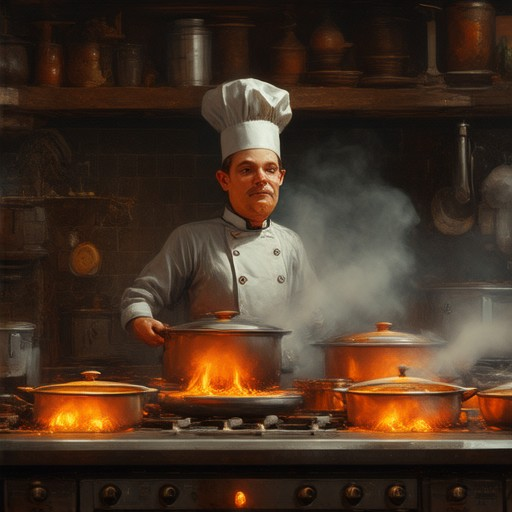
Can I Teach Myself to Cook?
Yes, you absolutely can teach yourself to cook! Cooking is a skill that can be developed with patience, practice, and the right resources. Here’s a structured guide to help you get started:
1. Start with the Basics
- Knife Skills : Begin with mastering the use of a chef’s knife. Practice cutting vegetables, slicing, and dicing.
- Safety First : Familiarize yourself with kitchen safety, including proper handling of knives and appliances.
- Essential Ingredients : Invest in basic spices like salt, pepper, garlic, onion, and herbs. Consider growing fresh herbs if possible.
- Appliances : Utilize small appliances like a slow cooker or pressure cooker to simplify meal preparation.
2. Learn Fundamental Techniques
- Sautéing : Heat oil in a pan and cook vegetables until they soften.
- Boiling/Braising : Use these methods for soups, stews, and stocks.
- Roasting : Bake proteins and vegetables in the oven for a tasty result.
- Seasoning : Experiment with different combinations of spices and herbs to enhance flavors.
3. Explore Gastronomy
- Understand Food Science : Read articles or watch videos on how flavors develop and how to pair ingredients.
- Experiment with Flavors : Try different spice blends and ingredient combinations to create unique dishes.
4. Utilize Resources
- Online Platforms : Check out cooking websites and YouTube channels for tutorials and recipes.
- Cooking Courses : Enroll in online cooking classes or use apps like Memories Restaurant for structured learning.
- Books and Articles : Look for cookbooks or online articles that offer step-by-step guides and tips.
5. Plan and Organize
- Meal Planning : Use meal planning apps or websites to organize your weekly meals.
- Grocery Shopping : Create a shopping list based on your meal plan and organize your pantry efficiently.
6. Engage with Communities
- Join Online Groups : Participate in forums or social media groups dedicated to cooking enthusiasts.
- Ask Questions : Don’t hesitate to seek advice from experienced cooks or join cooking challenges.
7. Document Your Journey
- Track Progress : Take photos of your dishes, note down recipes, and track your improvements over time.
8. Stay Motivated
- Set Goals : Break down your learning process into manageable goals, like mastering a specific technique each week.
- Celebrate Successes : Reward yourself for achieving milestones, whether it’s perfecting a recipe or mastering a new skill.
9. Manage Time Effectively
- Plan Meals : Allocate time for each part of the cooking process, considering prep work and cooking times.
- Use Time-Saving Tips : Optimize your workflow by multitasking in the kitchen.
10. Embrace Learning Through Mistakes
- Learn from Errors : Understand that mistakes are part of the learning process. Adjust recipes and techniques as needed.
By following this guide, you’ll gradually build your cooking skills and confidence. Remember, cooking is a lifelong journey, so enjoy the process and keep experimenting!
What Are the Five Golden Rules of Cooking?
The five golden rules of cooking are essential for anyone looking to master the art of preparing meals. These principles ensure safety, efficiency, and consistency in the kitchen. Here’s a breakdown of each rule:
- Measure Ingredients Accurately : Always use a kitchen scale or measuring cups for precise ingredient quantities. This ensures your dishes turn out as intended, avoiding bitter or bland flavors due to incorrect measurements.
- Season Foods Properly : Don’t be afraid to season your dishes generously. A pinch of salt and pepper can elevate a simple meal to something extraordinary. Taste as you go and adjust flavors according to your preferences.
- Cook with the Right Timing : Understanding when to start cooking each component is key. This prevents overcooking or undercooking, which can lead to rubbery textures or blandness.
- Reduce Food Waste : Plan meals to minimize leftovers and use ingredients efficiently. Store fresh produce properly to extend its shelf life and reduce waste.
- Keep the Kitchen Clean : Maintain a clean workspace to prevent cross-contamination and ensure a safe cooking environment. Wash utensils and surfaces thoroughly after use.
By following these golden rules, you can enhance your culinary skills and create delicious, satisfying meals every time.
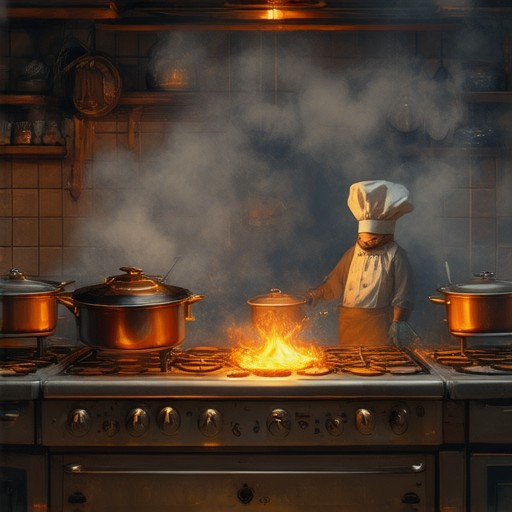
How to Learn to Cook with No Experience
To start cooking, begin with simple tools and techniques. Here’s a step-by-step guide to help you master the kitchen:
- Gather Essential Tools: Invest in a few key tools like a chef’s knife, cutting board, mixing bowls, and measuring cups. These will help you prepare meals efficiently.
- Set Realistic Goals: Don’t aim to become a professional chef overnight. Start with basic dishes like scrambled eggs or pasta and gradually explore more complex recipes.
- Use Online Resources: Platforms like Memories Restaurant offer detailed guides and video tutorials for beginners. YouTube channels dedicated to cooking also provide excellent resources.
- Practice Basic Techniques: Master chopping, sautéing, boiling, and baking. These fundamental skills are the foundation of any cooking journey.
- Experiment with Ingredients: Don’t fear failure. Try different spices, herbs, and flavors to see what works best for your taste preferences.
- Watch Tutorials: Follow along with cooking shows or instructional videos on platforms like YouTube to learn from experienced chefs.
- Join a Cooking Class: Consider local cooking classes or online workshops to gain hands-on experience and learn from experts.
- Follow Chefs on Social Media: Chefs like Gordon Ramsay or Jamie Oliver often share tips and recipes on platforms like Instagram .
- Stay Patient and Persistent: Learning to cook takes time. Don’t get discouraged by mistakes; use them as opportunities to improve.
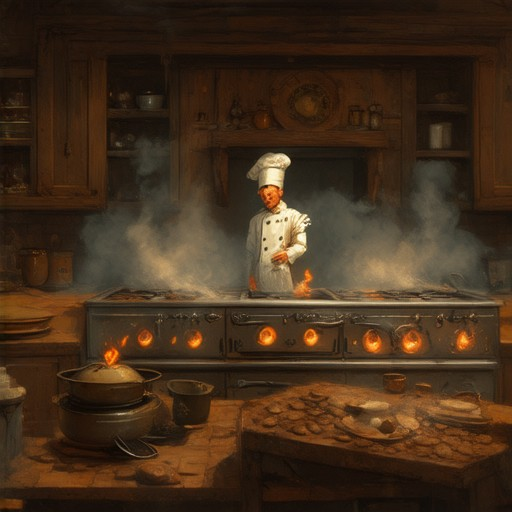
What Are the 4 Basic Rules of Cooking?
The foundation of successful cooking lies in following essential principles to ensure safety, quality, and consistency. Here are the four fundamental rules of cooking:
- Clean:
- Wash hands thoroughly before handling food.
- Clean utensils, cutting boards, and surfaces with hot, soapy water.
- Use disposable gloves when cleaning to avoid transferring bacteria.
- Learn more about kitchen hygiene .
- Separate:
- Keep raw meats, poultry, and fish separate from fruits, vegetables, and other ready-to-eat foods.
- Use separate cutting boards for meat and produce to prevent cross-contamination.
- Store eggs in the refrigerator until use to reduce the risk of salmonella.
- Cook:
- Use a food thermometer to ensure meats reach a safe internal temperature (165°F for poultry and 145°F for other meats).
- Cook eggs properly, especially when serving to others, to avoid foodborne illnesses.
- Discover expert cooking techniques .
- Chill:
- Refrigerate perishable foods within two hours of purchase.
- Store leftovers in shallow containers to allow air circulation and quick cooling.
- Consume perishables within three to five days, or freeze them if needed.
By adhering to these principles, you can significantly reduce the risk of food poisoning and enhance the overall safety of your meals. Always prioritize cleanliness and proper handling to ensure your cooking efforts result in safe and delicious dishes.
Rule Number 1 of Cooking
The most important rule of cooking is to read your recipe thoroughly before beginning. This simple step ensures that you understand all the ingredients, tools, and steps required, reducing the chances of mistakes and allowing you to create a successful dish.
- Prevents kitchen disasters: Knowing what ingredients you need and how to prepare them can save you from wasted efforts and ruined meals.
- Ensures success: By understanding the recipe’s structure, you can cook efficiently and achieve the desired results.
- Builds confidence: Mastering the basics and following directions properly boosts your cooking skills and trust in your abilities.
Leverage our Essential Kitchen Tools guide to ensure you have everything you need for your next cooking venture. Remember, cooking is an art that improves with practice, and following these guidelines will help you excel in the kitchen.
For more insights, explore our Perfecting Flavor Balance article to elevate your dishes to the next level.
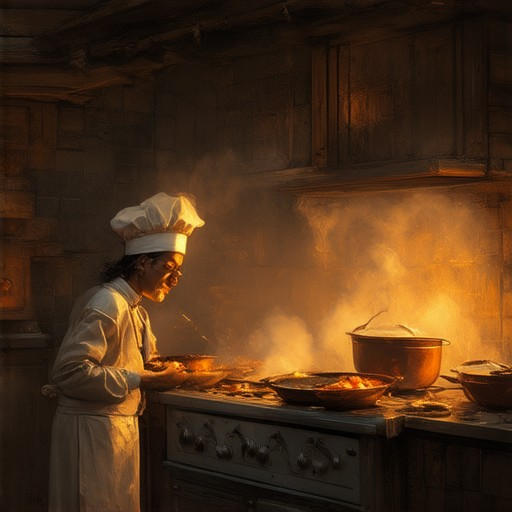
The Four Cs of Cooking
- Cut: Preparing ingredients properly by cutting them into the correct sizes for efficient cooking and combining.
- Cook: Understanding and controlling heat levels to cook ingredients evenly and prevent damage (like burning).
- Combine: Blending flavors and textures to create harmonious dishes, ensuring each element complements the others.
- Create: Designing meals that are balanced in taste, texture, and nutrition, avoiding overpowering any single component.
By mastering these four essential aspects, anyone can elevate their cooking skills and create delicious, well-rounded dishes.

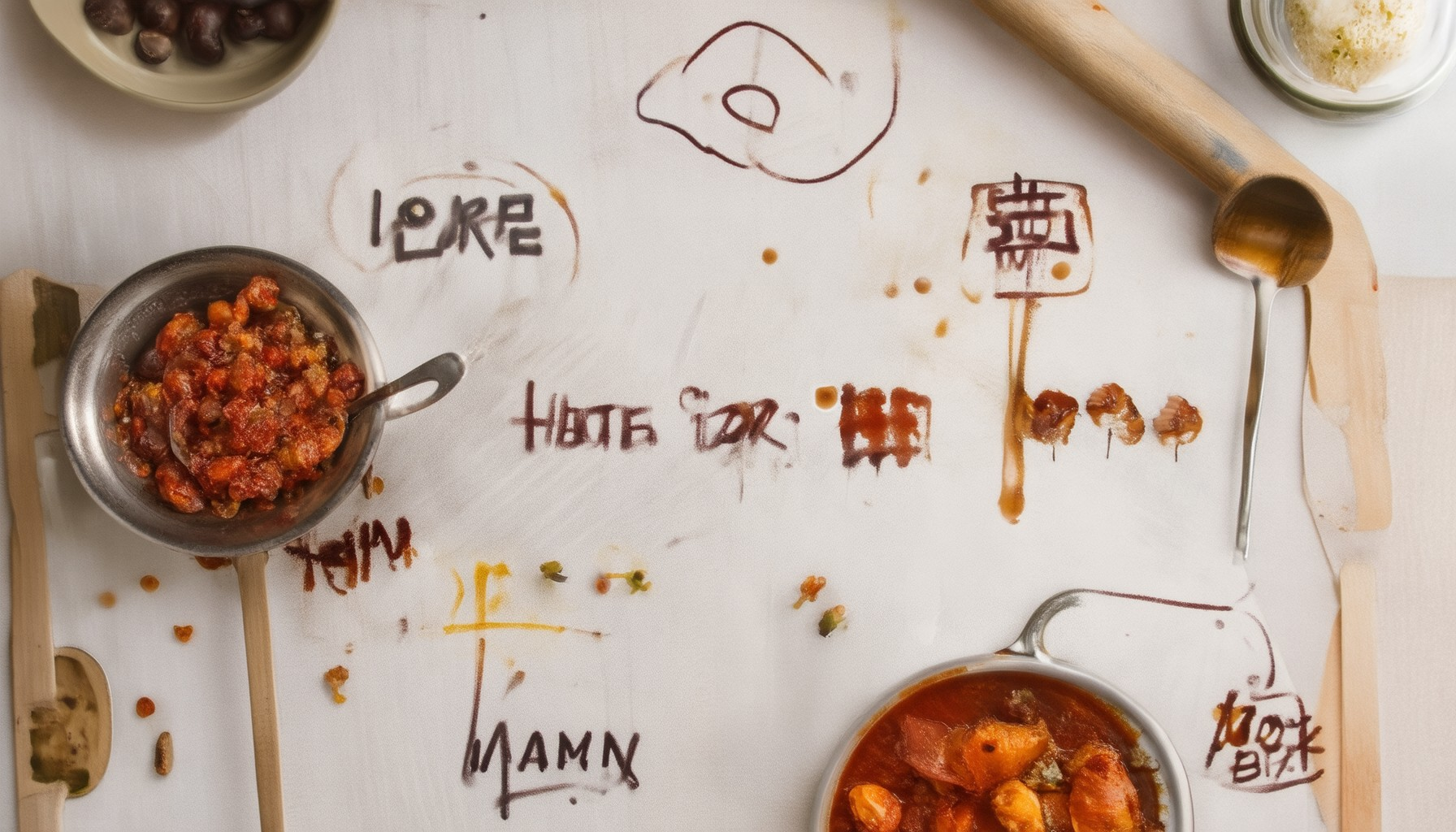
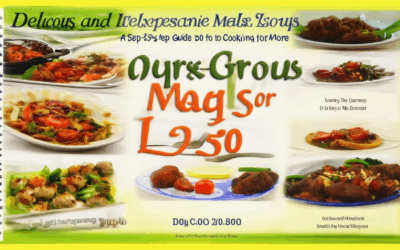
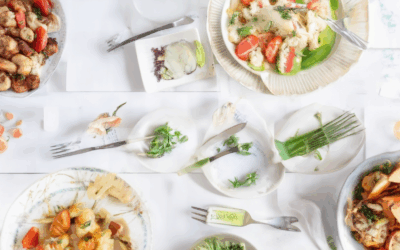

0 Comments